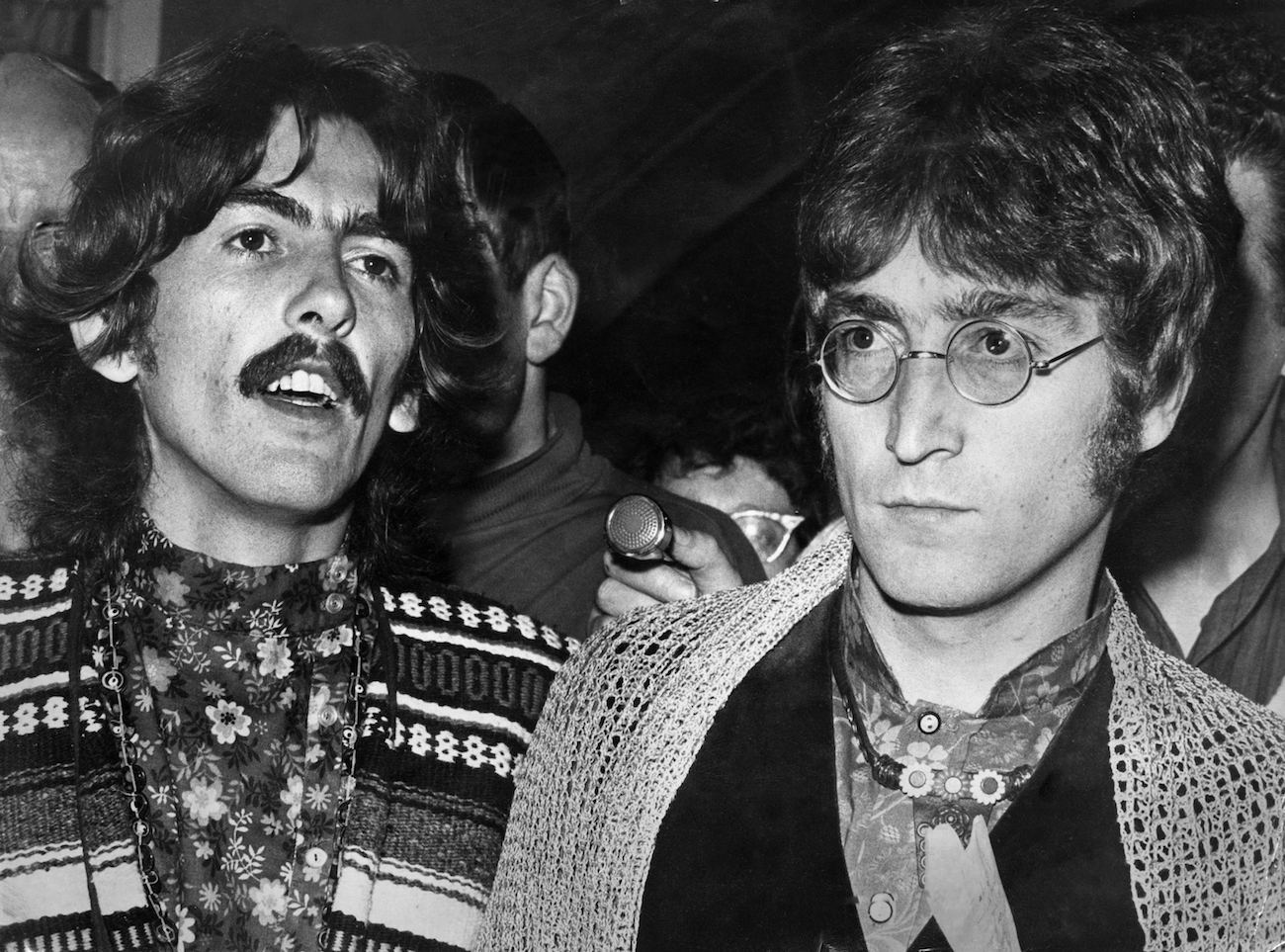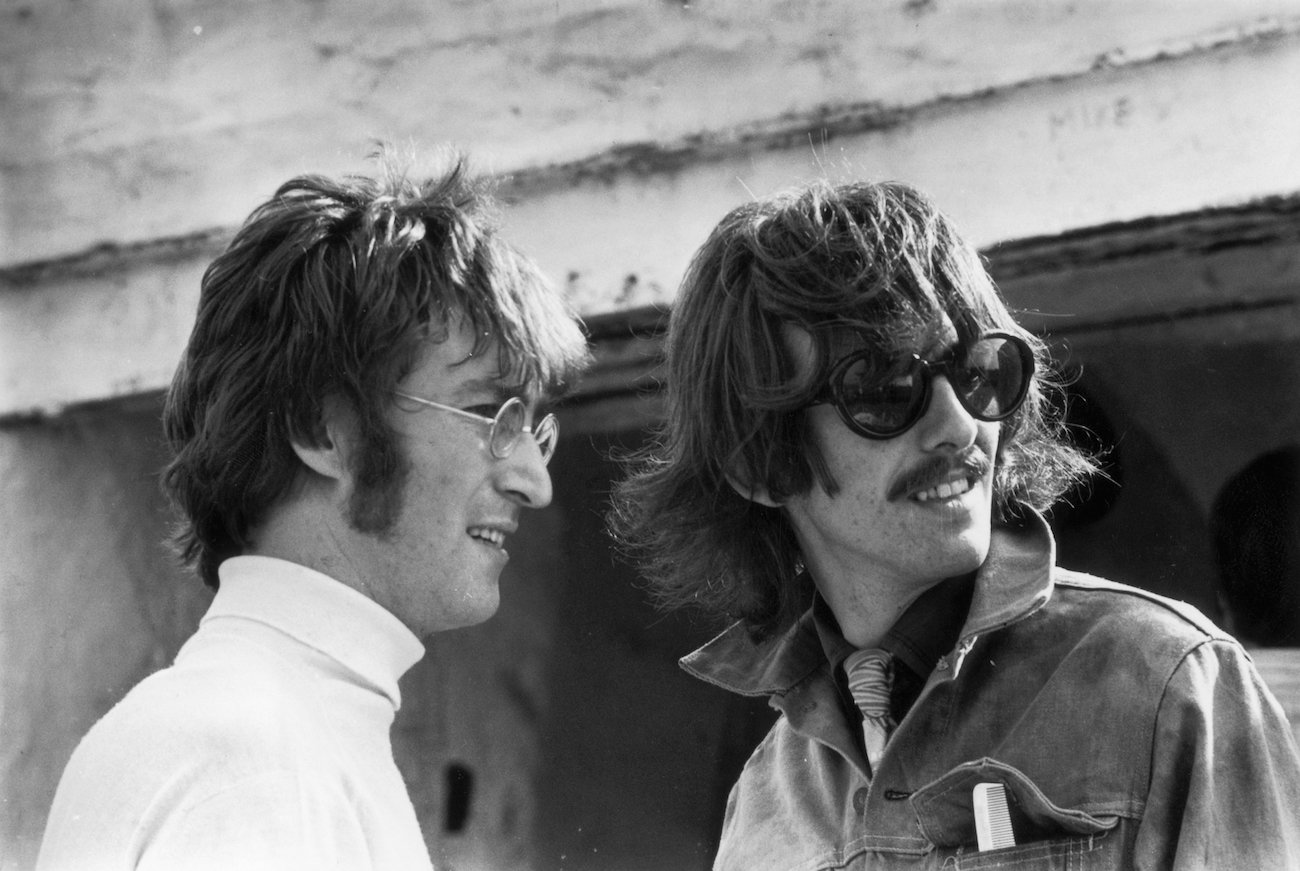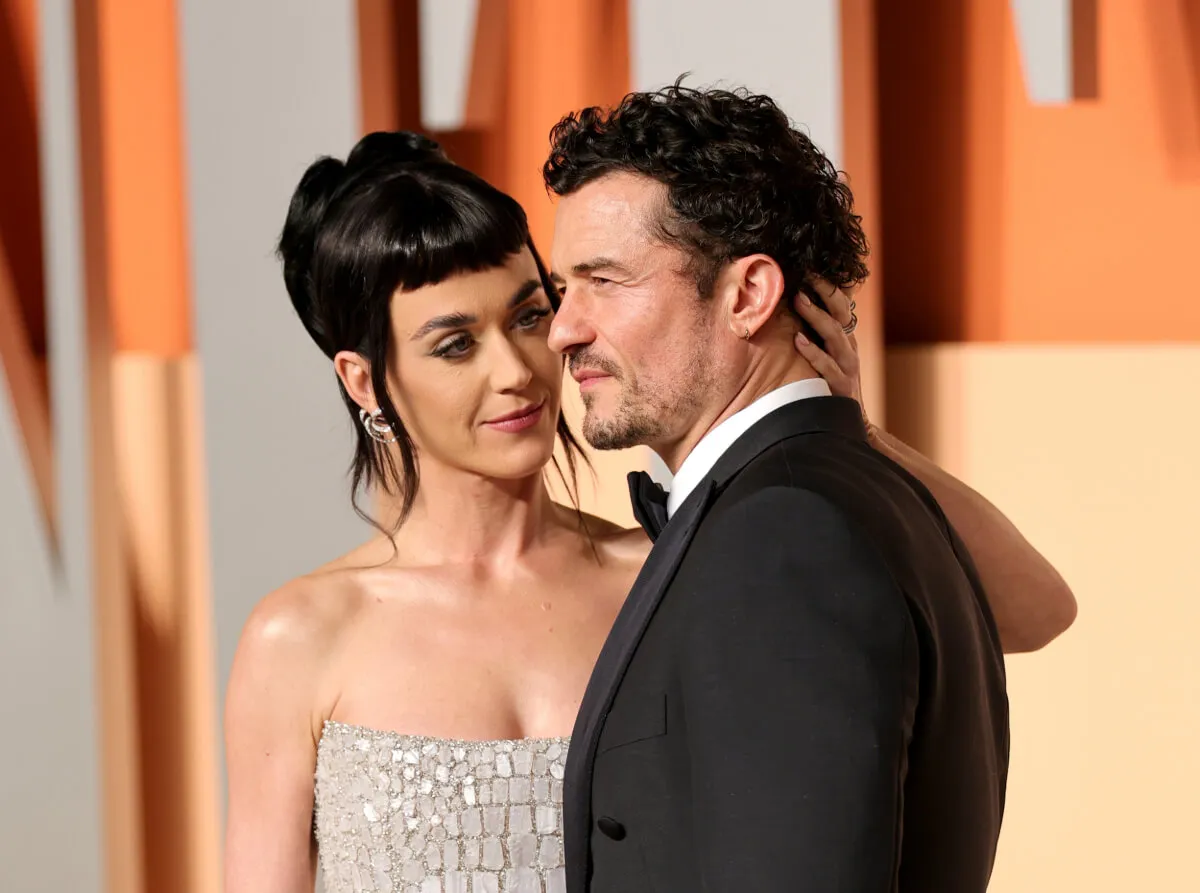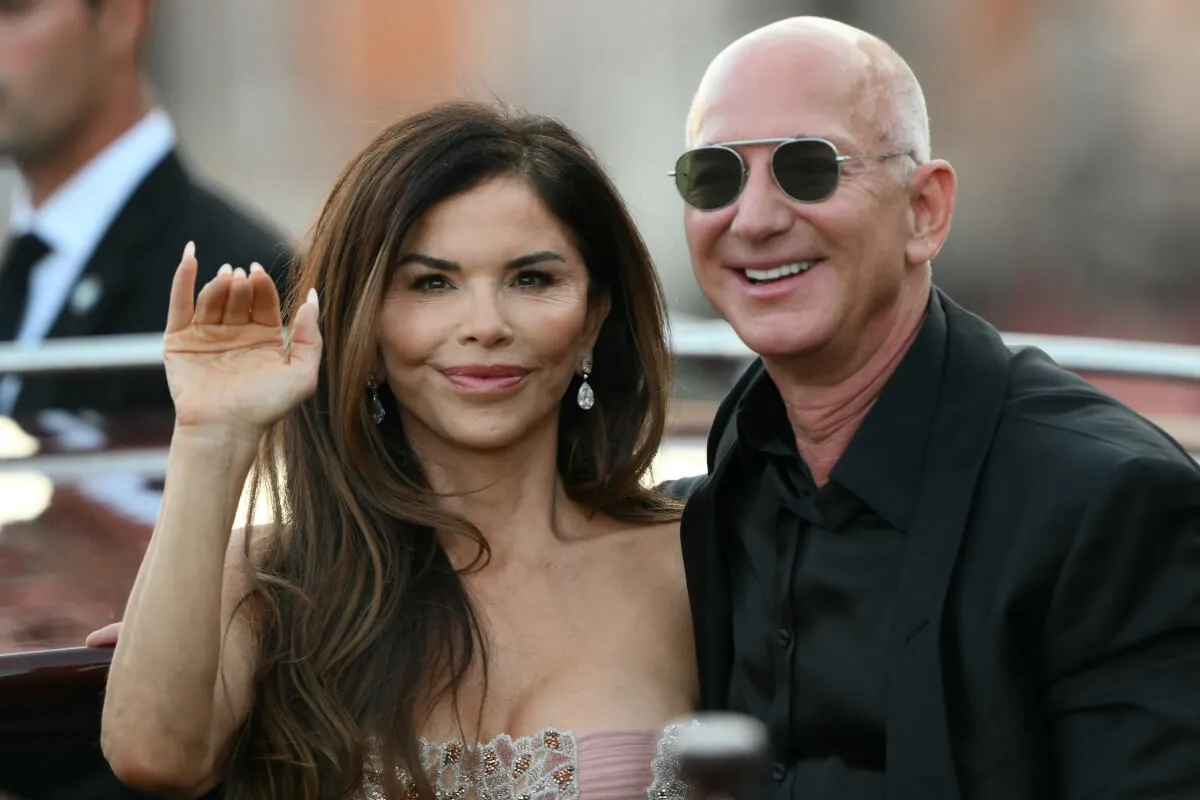
John Lennon Began to Think There Must Be a God When He Kept Hearing George Harrison’s ‘My Sweet Lord’ on the Radio
John Lennon joked that he began to think there must be a God when he kept hearing George Harrison‘s “My Sweet Lord” on the radio. George had taken a significant risk in releasing the religious tune as a single, so John’s quip might not have been welcome. However, George didn’t take any of John’s jokes or criticisms to heart.

John Lennon said George Harrison would be riding a magic carpet by the time he was 40
Somehow, John seemed to have a witty remark about everything George did. When the younger Beatle turned to spirituality, John was impressed by his dedication. However, he couldn’t leave out a joke.
In Here Comes The Sun: The Spiritual And Musical Journey Of George Harrison, Joshua M. Greene quoted John saying, “George himself is no mystery. But the mystery inside George is immense. It’s watching him uncover it all little by little that’s so damn interesting.”
At the same time, Greene wrote that John joked, “The way George is going, he’ll be flying a magic carpet by the time he’s forty.”
John could’ve joked all he wanted, but George stuck to spirituality more than music.
John joked that there must be a God after he kept hearing George’s ‘My Sweet Lord’ on the radio
When The Beatles split up in 1970, George became even more spiritual and felt it was time to release his stockpile of songs centered mostly around that spirituality. All Things Must Pass is one of George’s most religious albums.
Although, George was hesitant about releasing “My Sweet Lord” as a single. In the lyrics, George repeats part of a Hindu mantra, “Hare Krishna… Krishna, Krishna,” and interposes it with the Christian “Hallelujah.”
According to Greene, George meant “My Sweet Lord” to be “a Western pop equivalent of a mantra, which repeats over and over again the holy names.”
George said releasing “My Sweet Lord” as a single was like sticking his neck on the chopping block, but his fears were worth it once the single became a No. 1.
One music critic wrote that “My Sweet Lord” is “among the boldest steps in the history of popular music” yet with the potential to be “a fatal career move.” Greene wrote, “The boldness was the naked emotion of George’s surrender to God. The gamble was whether fans would still accept him after realizing the depth of his devotion.”
“At that time,” George explained, “nobody was committed to that type of music in the pop world. There was, I felt, a real need for that. So rather than sitting and waiting for somebody else, I decided to do it myself. A lot of times, we think, ‘Well, I agree with you, but I’m not going to actually stand up and be counted—too risky.’
“Everybody is always trying to keep themselves covered, stay commercial. So I thought, ‘Just do it.’ Nobody else is, and I’m sick of all these young people just boogying around, wasting their lives, you know.”
Soon, radio DJs couldn’t stop playing “My Sweet Lord.” It gave Elton John the “chills” and made John believe in God. According to Greene, John said, “Every time I put the radio on, it’s ‘Oh, My Lord.’ I’m beginning to think there must be a God.”
John’s contradictory assessment of ‘All Things Must Pass’
Jokes asides, it’s unclear what John really thought of “My Sweet Lord.” In 1971, after George released the song, John told Rolling Stone’s Jann S. Wenner that the best thing George had done was “Within You Within You.” So, John could’ve meant The Beatles’ song was better than “My Sweet Lord.”
However, we do know John’s views of All Things Must Pass.
During a 1970 interview with Rolling Stone, John said the album was “all right.” He added, “I don’t know… I think it’s all right, you know. Personally, at home, I wouldn’t play that kind of music, I don’t want to hurt George’s feelings, I don’t know what to say about it. I think it’s better than Paul’s.”
In the same breath, John said, “But then I listen to the radio and I hear George’s stuff coming over, well then it’s pretty bloody good. My personal tastes are very strange, you know.”
According to George, John was negative about All Things Must Pass.
He told Crawdaddy in 1977, “I remember John was really negative at the time, but I was away and he came ’round to my house, and there was a friend of mine living there who was a friend of John’s. He saw the album cover and said, ‘He must be f***ing mad, putting three records out. And look at the picture on the front, he looks like an asthmatic Leon Russell.’ There was a lot of negativity going down.”
Despite John’s jokes and critiques, George still valued John’s opinion and looked up to him. George also believed John would always apologize for the insensitive things he said. Regardless, George would’ve been in a band with John again in a heartbeat.


